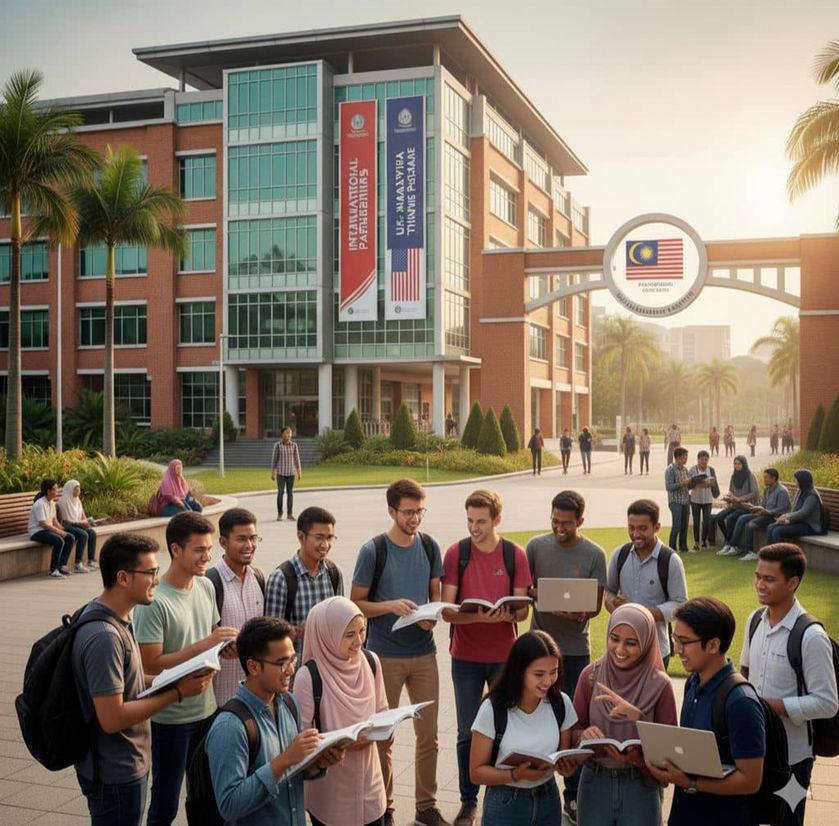PETALING JAYA: For many parents, sending their children abroad is a dream often limited by cost. This makes twinning programmes an attractive alternative.
The idea of “global education at home” has gained traction as it offers international exposure at a fraction of the cost while keeping students close to family.
For Nurlaila Ngah, 51, the chance for her children to gain global experience while studying locally is something she fully supports.
“The cost will be much lower. We want all the exposure for our children – the experience of learning in an international environment, understanding different perspectives and being globally competitive. But at the same time, we want them near us since we’re getting older.”
Nurlaila said the Covid-19 pandemic reshaped how many parents view overseas education.
“When lockdowns happened and borders were closed, many students were stranded abroad or had to continue their studies online. That made us realise that being close to home can sometimes be safer and less stressful, especially in uncertain times.”
With three children currently studying at local universities, Nurlaila believes twinning between Malaysian and foreign institutions offer parents a practical, cost-effective alternative to full overseas education.
She said besides significantly lowering expenses it also provides the quality and exposure.
“Students can still experience international-style learning and benefit from the same academic recognition as those studying abroad.
“It’s a win-win situation. Our children get global experience and an internationally recognised degree and parents don’t have to worry about the high cost.”
Nurlaila said local universities and industries must now be ready to deliver education on a par with international standards to meet the growing demand for globally recognised programmes.
She added that she would prefer her children to pursue a twinning programme as it strikes the right balance between affordability, quality and family closeness.
Norziaty Mohd Noor, 51, said she supports expanding twinning programmes as it opens doors for students who may not have the financial means to study abroad.
She said she would consider enrolling her child in a local twinning programme with professional recognition.
“They give our students the opportunity to experience international education, even if only for a short period abroad.
“It’s important that the programmes are recognised by professional bodies such as the Board of Engineers Malaysia.”
She added that the concept could help families save significantly on tuition and living expenses, especially when dealing with countries that have a stronger currency.
“Global learning, even when done locally, enhances career prospects and personal growth.
“Many students now come from private or international schools that already follow international syllabi, so adapting to global learning systems is no longer a challenge.”
However, given the choice, Norziaty said she would still prefer her children to study fully abroad.
“Studying abroad helps broaden cultural exposure and enhances personal development.
“It helps students be more independent, confident and open-minded.
“It also offers experiences that shape both their character and future careers.”









